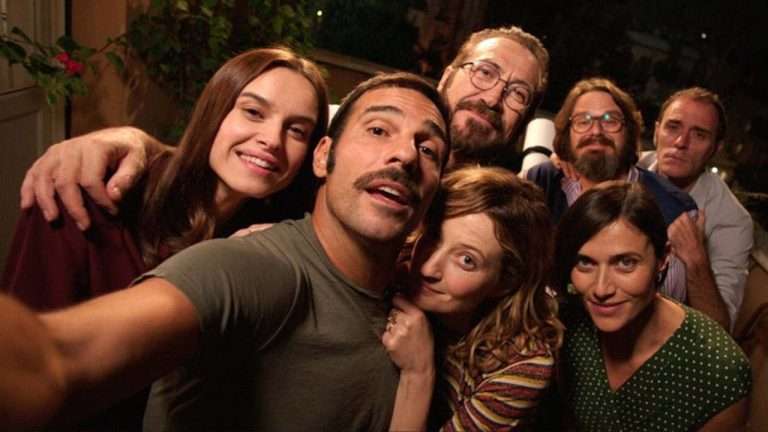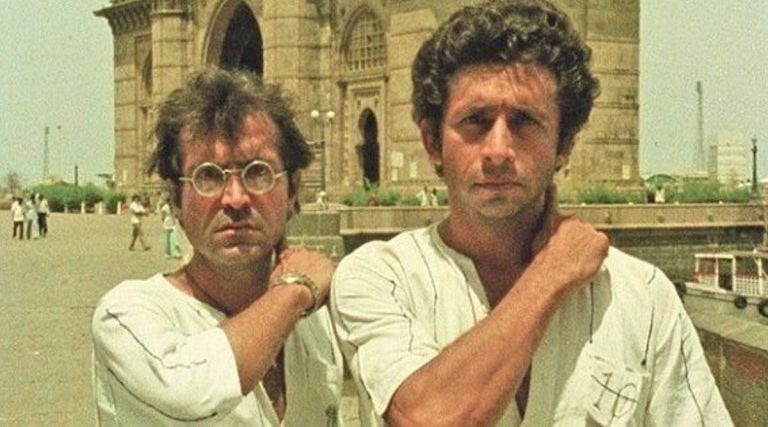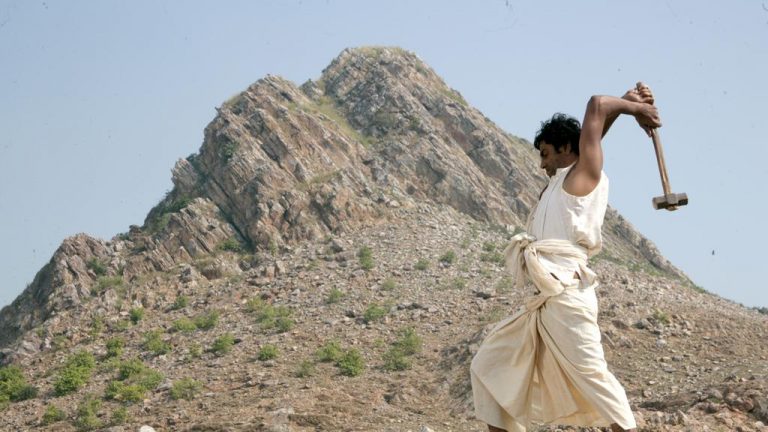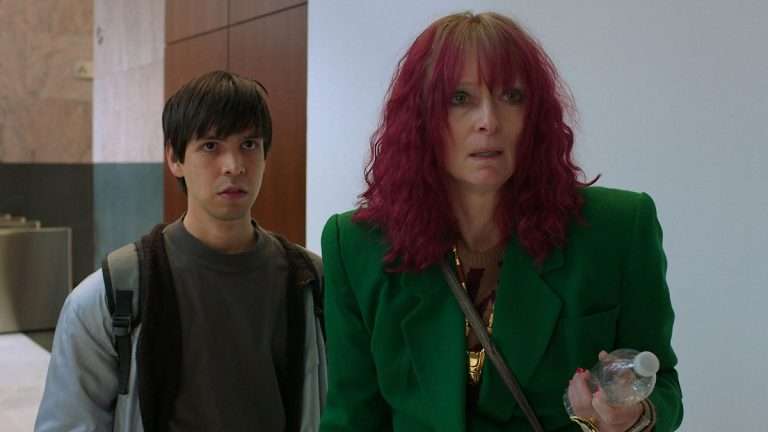Recess (1972) Short Film Review: Iranian minimalist filmmaker Abbas Kiarostami’s earlier works which heavily featured child protagonists, are pretty well-known among the film fraternity these days. Even in his earlier short movies, which started with “The Bread and Alley” (1970), he has used young child actors to portray the leads. His second short film in 1972, called “Recess,” also has a child actor in its core, and Siroos Hassanpoor essays the role of Dara, a boy punished at school for breaking a window with a ball. While “Bread and Alley” was pretty straightforward in its approach and had a simpler narrative and camera movements. Two years later, in 1972, Kiarostami became more experimental behind the camera. While the former had the camera follow the boy around, on the latter, Kiarostami expanded his horizon with crane and overhead shots, expanding the visual intensity of the film.
The short begins with Dara (as the subtitle describes), who is disciplined for breaking a school window with a ball. In the beginning, we see him trying to blow air into a balloon, then get scolded for breaking a window as he breaks down in tears. During the scolding, we see him through the window he broke, the first instance of a different and experimental camera movement for Kiarostami. When school gets over, he joins his fellow schoolmates and makes a cacophonic exit. The naughty and mischievous children are clearly having fun, innocently blabbering, shoving, and running into each other.
These small movements are some of the definitive times of anyone’s childhood, as even the most humble kid would admit that they would have enjoyed doing rowdy acts at one point. Kiarostami, though, once again takes hold of the situation and lets it flow in an unexpected direction as Dara halts seeing a bunch of kids playing soccer and kicks the ball out of the way, only for that to have consequences for him as a kid chases him down Tehran’s quaint alleys.
The film, like Kiarostami’s debut short, also has a straightforward narrative, albeit this time, even though the focus is on one character, there are more than several extras in this film, and they just act like they are going on about their daily lives, and not acting it out in front of the camera. Dara, the boy in the show’s center, is clearly not having a good day, as he gets punished twice, both times over a ball. The second time, when he is being chased, he takes evasive action and hides inside a home, and goes back to Tehran’s alleys after the boy chasing him gives up and leaves.
The setting, an alley again, is much more dynamic this time, with obvious zoom, crane shots, and close-ups creating a moody atmosphere. Kiarostami’s story is much more “cinematic” here but also much more abstract. Undoubtedly, the sophisticated filmic movements are beautiful to look at, but they also take away some of the charm. The short once again focuses on situations and how people react to them, as Dara takes the risk of hiding while being pursued.
The film soon leaves the moody alleys as Dara gets diverted from his usual route and now ends up in a field near an impassable barrier of a traffic-filled road. Despite being a child, he has to act like an adult for the journey that leads him up to that road. He has to figure out how to traverse through a stream, dirt alleyways, and a field, only to end up on a busy highway while ensuring no one is still chasing him. The inescapable loneliness and isolation of childhood make a visceral statement at that moment as Dara helplessly watches with a searching glance as the cars go away, then goes along the trees and slowly vanishes from view.
The film uses as many filming techniques as possible, and they are pretty well executed for the time it was shot. Kudos to cinematographers Ali Reza Zarrindast and Morteza Rastegar for that. The stylistic approach of Kiarostami exhibited here gets much more simplified or minimalistic in his later films. In fact, because of the emphasis he placed on camera movements in Recess, it lacks narrative depth. It is kind of a step down in that regard from his first short, The Bread and Alley. But there was no other director at that time who, in fourteen minutes, without any dialogue, could covey a lot about childhood experiences in a film and get away with it. This is where Abbas Kiarostami’s brilliance lies, as he is skillful in showcasing his emphasis on the emotional experience of young children that sometimes does not require plot development.






![76 Days [2020] ‘DIFF’ Review – A miraculous snapshot of the current crisis told with unflinching flair](https://79468c92.delivery.rocketcdn.me/wp-content/uploads/2020/11/76-days-review-768x433.jpg)
![Chhorii [2021] Review: Another Feminist-Horror Film, Lost in its Own Sugarcane Fields of Jump Scares & Bad Acting](https://79468c92.delivery.rocketcdn.me/wp-content/uploads/2021/11/Chhorii-2021-768x403.jpeg)